Info
24 February 2018
University of Edinburgh
Scotland
On 24th Feb 2018, the University of Edinburgh is going to organize a neuroscience competition for high school pupils, the ‘Edinburgh Brain Bee’.
The competition aims to teach students about the brain, its structure and function, and to provide an introduction to scientific research as a whole. Students prepare by studying a 60-page booklet Neuroscience: The Science of the Brain available on our website, which covers topics such as memory, sleep, stress, how the senses work, and how we move and think.
The competition
The competition will involve a written question-and-answer section and a neuroanatomy and neurohistology section where students identify parts of the brain and their function. The exam questions will fit into the Excellence of Curriculum. We will also arrange activity booths with small neuroscience-related experiments as well as engaging talks by neuroscientists throughout the day.
Prizes will be awarded to the top five winners of the competition, and the top 3 winners will be invited to participate in the British Brain Bee competition in London in spring 2018. The winner of the British Brain Bee will be invited to the International Brain Bee competition to be held in Germany in 2018.
To prepare for the contest, students should study Neuroscience: Science of the Brain and Brain Facts book which are both available on Resources page. Any other neuroscience textbook would further help you prepare for the contest. Keep an eye on ‘Study Resources’ page because in the next couple of weeks it will expand.
The day will be full of activities, talks by neuroscientists, experiments, games and networking opportunities!
If you have any interested pupils, please email us at edinburgh@brainbee-uk.com to register your interest.
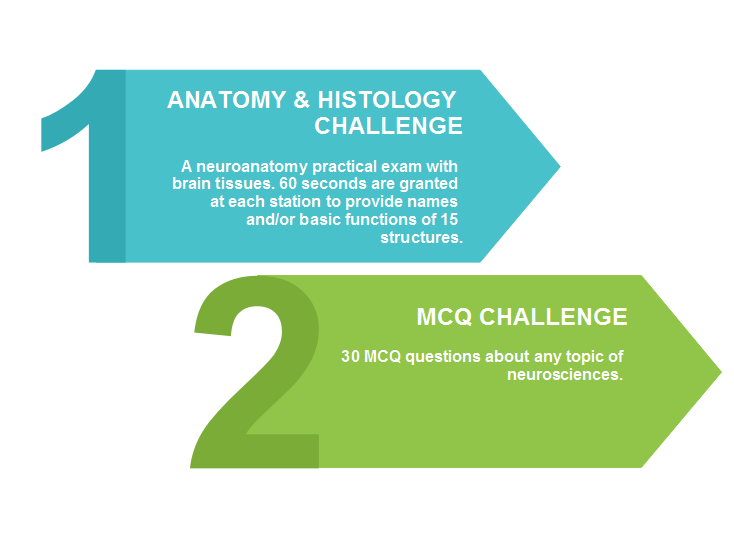
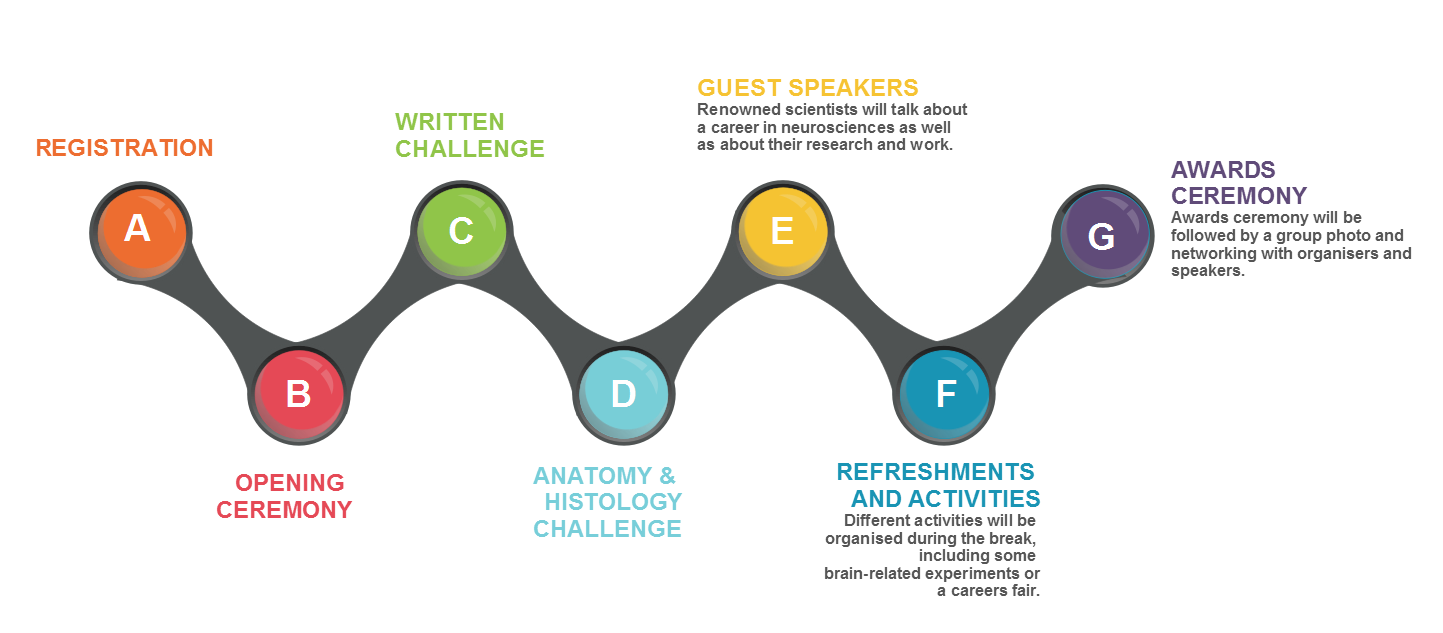

Dr Dorothy Tse
I am a postdoctoral associate at the University of Edinburgh. My research interest is in a novel approach to systems memory consolidation. When new learning occurs against the background of established prior knowledge, relevant new information can be assimilated into a schema and thereby expand the knowledge base. My main focus is on the hippocampal and cortical involvement in paired-associates memory: the importance of ‘schemas’ in consolidation.
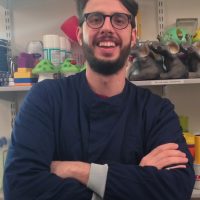
Dr Antonis Asiminas
I have a BSc in Chemistry with Hons in Biochemistry, an MSc in Biochemistry and Molecular Metabolism and a PhD in Neuroscience. I have worked in projects focusing on bacterial inflammation and antimicrobial surfaces. My current research focuses on neurodevelopmental disorders with a specific interest in learning and memory, and communication.
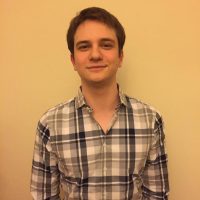
Theofilos Mazidzoglou
I am a final year undergraduate student pursuing a degree in Biomedical Sciences (Hons in Neuroscience). I joined the EBB team in order to meet people who also find matters of the brain interesting, in hopes that our team can encourage further pursuit in these areas. My past experience in scientific communication involves assisting with data handling and interpretation of research conducted at a US-based medical center, for purposes of scientific poster outreach.
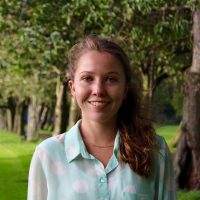
Chloe Munden
I am a final year undergraduate student at the University of Edinburgh studying Biomedical Sciences with Honours in Neuroscience. I got involved in Brain Bee as I thinks it is important to encourage young people to study Neuroscience from an earlier age and to provide a wider basis of knowledge than their school curriculum. I have experience in outreach for the Edinburgh Women in Tech conference and am also the biology representative for the Edinburgh University Women in STEM society.
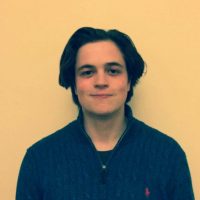
Tom Collins
I am a 4th year student at the University of Edinburgh, where I am studying for a BSc Hons in Neuroscience. I believe neuroscience to be an important field of study that plays a relatively small role in school education. This drove me to join the Brain Bee team to try and promote the field to school students and foster engagement in a younger audience. In the past I have engaged in outreach to younger children than those participating in the Brain Bee, such as volunteering at an after-school homework club for children from disadvantaged schools.
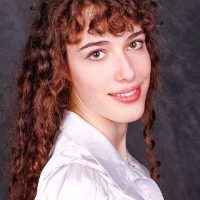
Anna Padanyi
I am currently involved in research as a Master student at the University of Edinburgh, investigating schemas in humans and animals. I have completed my undergraduate degree in Neuroscience in Edinburgh and decided to pursue my interest in the area of learning and memory. While I immensely enjoy my time spent in the lab, I have developed an appreciation for sharing and communicating accumulated knowledge to others, both scientists and members of public.
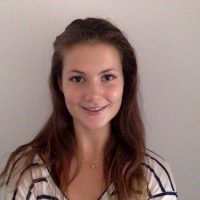
Georgina Hill
I did my undergraduate degree in Biological Sciences at the University of York. I then did an MSc in Science Communication and Public Engagement at the University of Edinburgh. My aim is to help more people access scientific research. This aim, and my interest in neuroscience motivated me to join the organizational team of EBB. I have lots of experience in science communication and outreach, having worked at many science festivals, created my own activities and exhibitions that showcased scientific research.
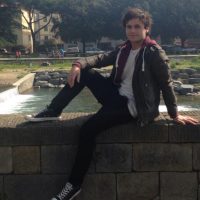
Abaz Shehu
I am a biomedical sciences undergraduate student at Edinburgh University specialising in neuroscience. I have passion for neuroscience and education. I will be working with Teach First after university as a secondary school science teacher and I think EBB will be enjoyable and useful in preparing me for this. Apart from studying, I love reading, playing squash, playing table tennis, chess, movies, seeing friends and family.

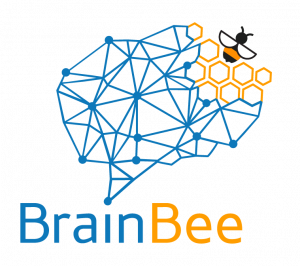
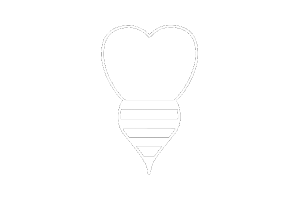
International Brain Bee